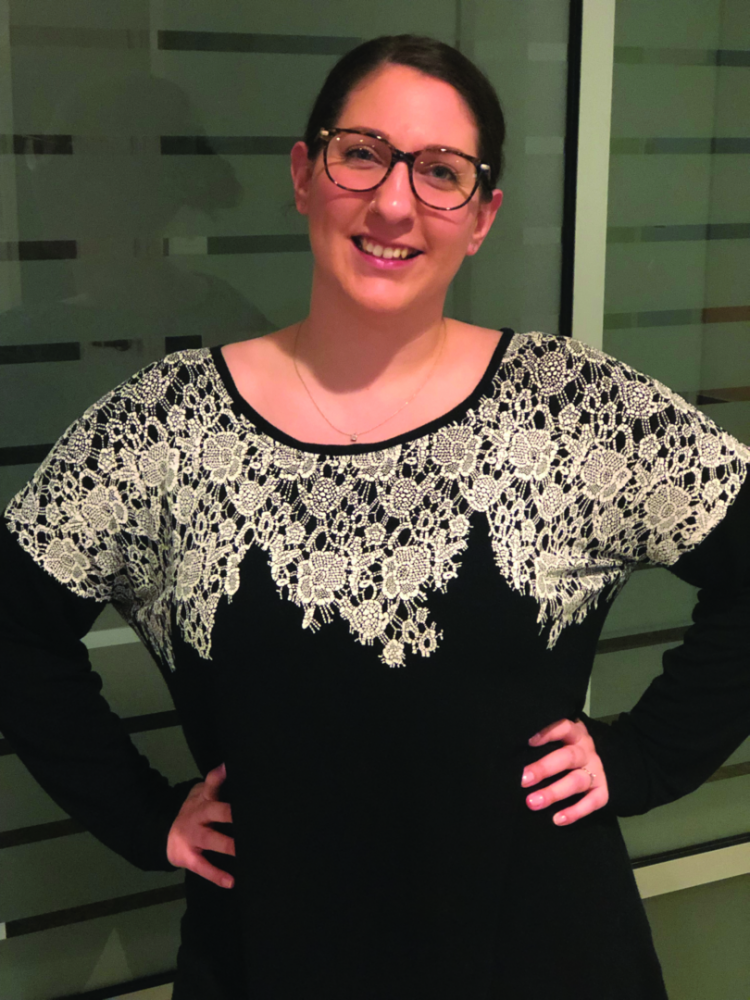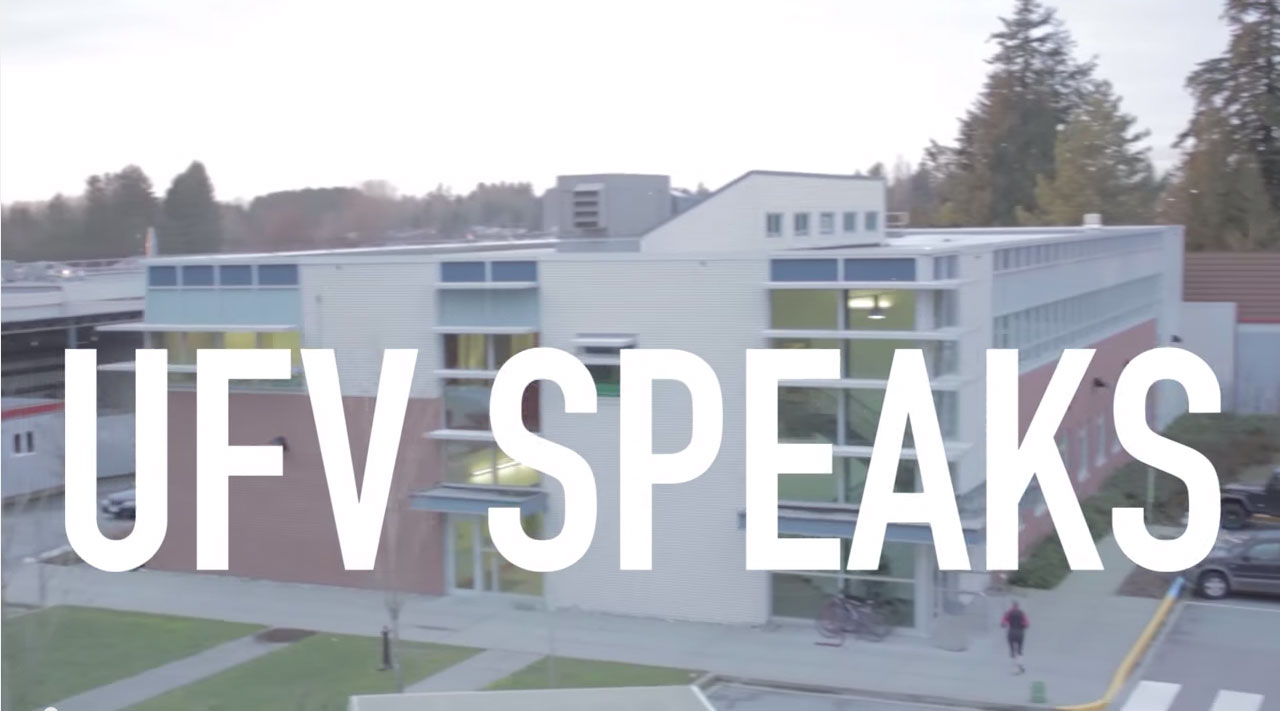The Fraser Valley holds one of the most diverse populations in the country. We are home to many unique and amazing cultures, but there is one thing that we, as a community, don’t like to discuss: Youth and young adult homelessness is a sore spot for many. It’s understandable that we don’t want to acknowledge that the Valley has an unusually large amount of young people who don’t have a bed to go home to at night. Why are we so afraid to talk about it? On Jan. 30 the Student Union is hosting an opportunity to do just that. Les Talvio, the executive director of Abbotsford’s Cyrus Centre, will be hosting an evening to talk about this epidemic. It’s important to get involved in the conversation, so we spoke with UFV students about youth homelessness. Many students were surprised to find out that the Valley has a higher youth homeless population than most other communities.

Sarah Martin — On living cost and family — UFV Bachelor of Arts student
“We don’t look towards Vancouver, we look outside it. We’ve seriously considered moving out [east], because the rent is more affordable for what we can get. We can get a condo for the same price we are paying for our basement suite in Langley. We are still [living] paycheque to paycheque for the most part though. It’s scary to think what would happen if something crazy happened to my husband, or one of us is off work for a long time. If we lost our place we have family and stuff that would help us, but not everybody has that. I can’t imagine that it gets to the point where you lose your house and that’s it. Homelessness can happen to anybody.”

Keara Parsons — On relationships — UFV BA in French
“Teen homelessness in the Lower Mainland, in my experience, is often caused by a poor relationship between parent and child. Frequently, a lack of support or understanding from the parent’s end in such a fragile time in a teen’s life can prove problematic and cause children to do dramatic and unadvised things, such as move out. They decide to move in with a boyfriend or girlfriend because they think they’re adult enough, and then things come crumbling down. Unfortunately, I don’t find there to be a lot of truly helpful resources out there for teens and when they get into the loop of a negative cycle like that it is hard to get out.”

Athan Chaudhary — On solutions — English Student Association (ESA) president
“We need to do something for that. I don’t know very much about it. But maybe we could make more homeless shelters if they’re at full capacity, and easier access for youth who are just coming out of centres. Like another age ranges, I know that would create another cap, but maybe it would help those kids lift off. It seems like there needs to be that extra little push. Right now it seems like they age out and then they are just falling off [the radar] when they get to the age of 18.”

Samual Gross — On working — ESA member and BA student
“It seems like there is a general stigmatism about discussing financial troubles, and there shouldn’t be. Maybe if we had some sort of halfway house system, where they had job training like we do for other people needing assistance?”
Youth homelessness is something that we, as a community, should not be afraid to talk about. Engaging in discussions like this opens the doorway to solutions. The young homeless population of our city needs us to put our judgments aside and realize being homeless and young doesn’t mean that they can’t turn their lives around. With discussions like this our community might, just maybe, be able to truly make a positive difference for their futures. So let’s start the conversation now.


